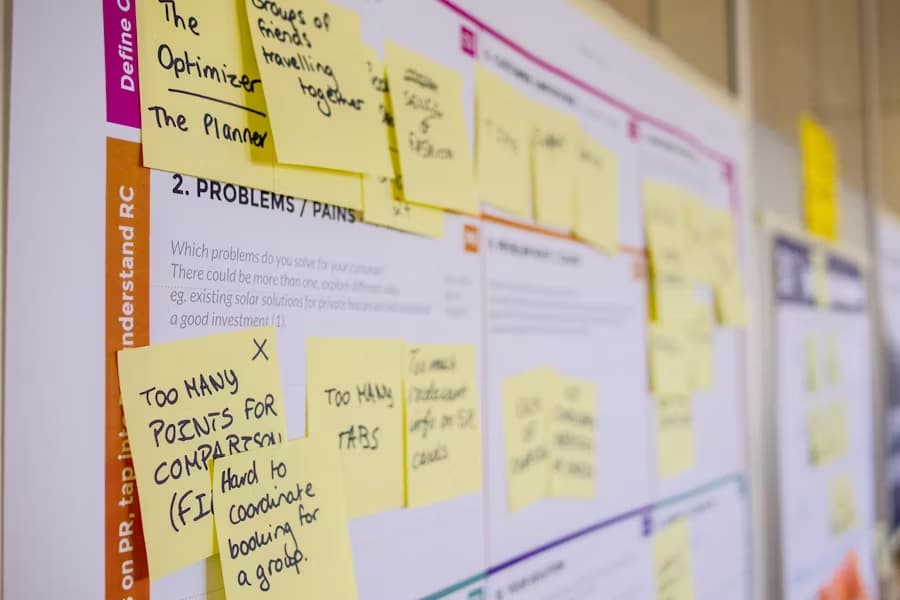Time Management in Healthcare
The healthcare industry is well-known for its constant stream of activity. Imagine a situation where the phone never stops ringing, patients eagerly wait to see their doctors, there’s a backlog of voice-recorded notes needing transcription, and someone is urgently waiting for a blood draw in room two. This scenario exemplifies the typical commotion found in hospitals or clinics. In such a frenetic environment, it might appear challenging to manage time effectively. Yet, with the right strategies and organizational methods, what seems chaotic can be transformed into efficient productivity. This guide explains the critical role of time management in healthcare and offers actionable tips to improve time management skills.
Significance of Time Management in a Healthcare Environment

Time, an invaluable and irreplaceable asset, is also finite. Hence, making conserved, calculated decisions about its usage aids in accomplishing more within the given time frame. Such calculated decision-making is a vital requirement in healthcare settings, where protecting people’s health is at stake.
Effective time management is central to healthcare for various reasons. First and foremost, the healthcare sector is unpredictable. It is common to face emergencies that demand immediate attention, a situation that requires an efficient use of time. Despite these sudden demands, regular clerical and health-related tasks cannot be sidelined.
Efficient time management not only ensures smooth operational flow but also enhances patient satisfaction. Effective appointment scheduling and minimal waiting times can significantly improve a patient’s experience. In case of unavoidable delays, keeping patients informed can help manage their expectations and mitigate their stress.
Besides benefiting patients, time management also positively impacts healthcare staff. It reduces unnecessary stress, fostering a sense of control. This empowerment boosts the accuracy of task completion, minimizing the probability of errors that could influence patients’ well-being and the hospital’s functioning.
Time Management Strategies for Medical Assistants
Medical assistants shoulder a medley of responsibilities, including scheduling appointments, preparing patient charts, managing billing details, and assisting with minor medical procedures. With strategized time management, these tasks can be accomplished satisfactorily within the available time. Some key strategies include:
- Forward Planning: An informed plan is the backbone of effective time management. While it isn’t possible to anticipate the day’s proceedings to the last detail, you can make an educated guess about the day ahead. Understanding the demands of each appointment aids in better preparation. This preparation relates to ensuring the availability of necessary medical equipment, supplies, and patient records to avoid last-minute rush;
- Adapting to Unpredictability: The healthcare sector is often subjected to sudden, unforeseen situations. For example, a patient without an appointment might need immediate medical attention or a scheduled appointment might require more time due to the discovery of a serious health issue. Planning for such unpredictability can help manage time better. One common strategy is to leave the day’s start and end flexible, acting as a buffer for unexpected events;
- Clustering Similar Tasks: Minimising task-switching can save valuable time. By handling similar tasks together, the brain can stay focused and maintain performance efficiency. For instance, grouping tasks like appointment scheduling, referral processing, test preparations, etc., can save substantial time. Organizing tasks based on location, especially in larger establishments like hospitals, can also be a strategic move;
- Prioritizing: Understanding and implementing task prioritizing is crucial. Deciding which tasks or patients require immediate attention is vital for effective time management. Clear-cut priorities can streamline workflow and maintain a relaxed yet productive work environment;
- Delegation: Delegation can significantly save time, especially during peak hours. By splitting responsibilities among available team members, tasks can be completed more efficiently and productively.
Leveraging Technology for Efficient Time Management
In this digital era, technology plays a significant role in time management. Familiarisation with various software and applications used in medical office management, including those used for appointment scheduling, billing, word processing, and messaging, can substantially enhance efficiency. For instance, setting up email filters or crafting message templates for frequent communication can save crucial minutes throughout the day.
In certain instances, suggesting technological solutions for productivity issues can be beneficial. For instance, automated text or email reminders for appointments can prevent time wastage on routine patient reminder calls.
Ensuring Patient Satisfaction through Time Management

Strategically scheduling patient appointments can improve time management immensely. For instance, adjusting appointment times based on past patient lateness records can prevent others from being delayed. Similarly, learning to adjust schedules based on doctors’ time management patterns can help maintain a smooth operational flow.
Some clinics incorporate cluster scheduling, where similar types of cases are scheduled together for higher efficiency. Such strategic scheduling can significantly improve time management while enhancing patient satisfaction.
Conclusion
In a healthcare setting, time is of the essence. Effective time management does not only contribute to a smoother operational flow but also significantly impacts the quality of care and patient satisfaction. By adopting effective strategies such as forward planning, adapting to unpredictability, clustering tasks, prioritizing, and delegation, healthcare workers can make the most of their time. In today’s digitally connected world, the use of technology can also play a significant role in enhancing time management. Ultimately, good time management in healthcare means better patient care, lower stress levels for staff, and overall a more efficient and effective healthcare system.



